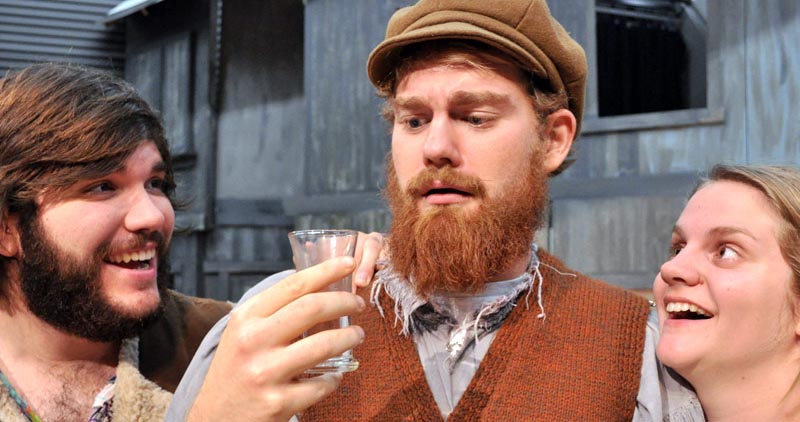Faculty of Arts
Arts Menu
-
- Communication and Visual Arts
- Environment, Culture and Society
- Literatures, Languages, and Performing Arts
- Philosophy, History and Politics
- Chair's Message
- History
- Degree Options
- Courses
- Student Success
- Awards and Scholarships
- Handbook for History Students
- Introduction - Handbook
- Why Study History?
- Varieties of History
- Historian's Work
- Pros, Amateurs and others
- Careers
- Libraries and Research
- Taking Notes
- Formulating a Topic
- Compiling a Bibliography
- Primary Sources
- Secondary Sources
- Need for Recent Sources
- Where to Start
- Note-taking
- Shape of the Essay
- Style of the Essay
- Checking the Essay
- Documentation
- Bibliographies and Footnotes
- Plagiarism
- Writing Essay Examinations
- Title Pages and Formatting
- Citation Generators
- Examples
- Citation Formatting
- History Links
- Philosophy
- Politics
- Our Faculty
- Contact Us
- Psychology
Section Menu
-
- Communication and Visual Arts
- Environment, Culture and Society
- Literatures, Languages, and Performing Arts
- Philosophy, History and Politics
- Chair's Message
- History
- Degree Options
- Courses
- Student Success
- Awards and Scholarships
- Handbook for History Students
- Introduction - Handbook
- Why Study History?
- Varieties of History
- Historian's Work
- Pros, Amateurs and others
- Careers
- Libraries and Research
- Taking Notes
- Formulating a Topic
- Compiling a Bibliography
- Primary Sources
- Secondary Sources
- Need for Recent Sources
- Where to Start
- Note-taking
- Shape of the Essay
- Style of the Essay
- Checking the Essay
- Documentation
- Bibliographies and Footnotes
- Plagiarism
- Writing Essay Examinations
- Title Pages and Formatting
- Citation Generators
- Examples
- Citation Formatting
- History Links
- Philosophy
- Politics
- Our Faculty
- Contact Us
- Psychology
Auditions for Actors Workshop Theatre Productions

The Actors Workshop Theatre mounts 4 productions per season. Generally the shows open in September/October (Show 1), November/December (Show 2), February/March (Show 3), and April (Show 4). They normally run over 2 consecutive weekends (Thursday, Friday, and Saturday) with an optional matinee Friday for a total of 7 performances.
On-going theatre faculty typically direct the first three shows, while the fourth production is always a Directors Festival featuring third year performance students under the direction of the fourth year Direction and Staging students. Auditions for Show 1 occur at the completion of the preceding Winter semester and begin rehearsal before the start of the Fall semester. Auditions for Show 2 are held at the beginning of the Fall semester, and auditions for Show 3 are held before the end of the Fall semester. All past and present TRU students are eligible to audition, and is not limited to the current theatre student body. If cast, a student may enroll in the optional Play Production course at the first, second, third or fourth year level (1500, 2500, 3500 or 4500).
Auditions themselves vary from director to director, but generally include a cold read and/or prepared monologue, in addition any other evaluation of requirements for production (musical number, dance routine, etc.).
More info
Contact the Theatre Arts program coordinator for details at rnichol@tru.ca.

